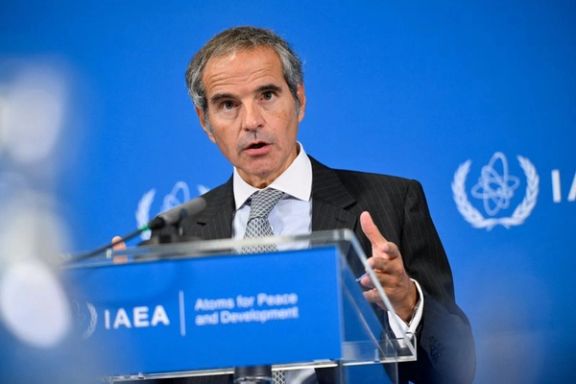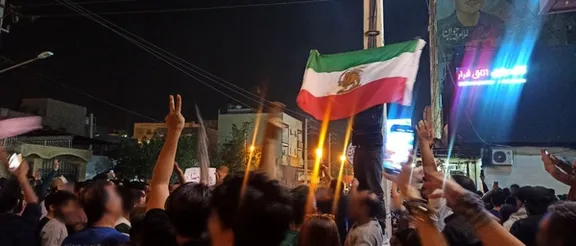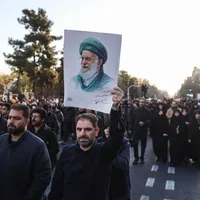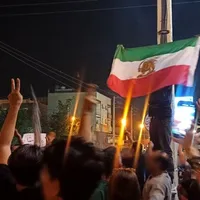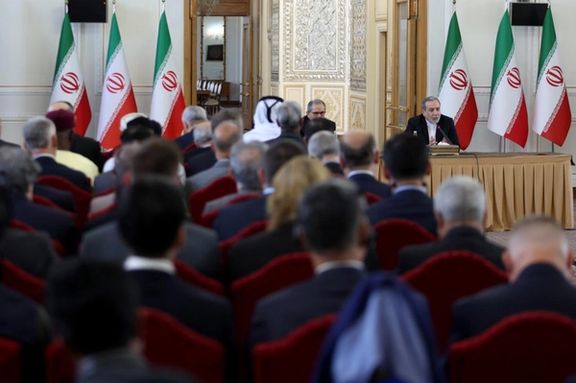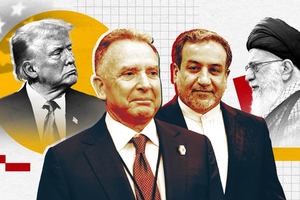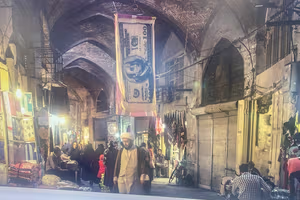Both countries have condemned the Council’s decision, leading some in Iran to hope the rhetorical rejection will be followed by action.
“China and Russia currently intend either not to implement the resolutions under Resolution 2231 or to apply them selectively,” political analyst Mehdi Kharatian said in a post on X.
Former diplomat Kourosh Ahmadi put forward ways in which the duo could help Iran.
“China and Russia can play an effective role in reducing the impact of reinstated UN resolutions in three areas,” he wrote in the reformist daily Shargh, “preventing the implementation of the six reactivated resolutions, obstructing the work of the Sanctions Committee … and blocking any new measures.”
Obstruct sanctions
Ahmadi asserted that decisions in the Committee require consensus, enabling Beijing and Moscow to delay appointments, hinder panel functions, and limit enforcement—as they did on occasion in relation to North Korea.
Another former diplomat, Nosratollah Tajik, struck a more hopeful tone.
“China and Russia… can use existing legal mechanisms within the United Nations to obstruct the implementation of sanctions,” he told moderate outlet Jamaran.
In a joint letter to the UNSC president on September 28, China and Russia, together with Iran, argued that the snapback move by the E3 (Britain, France, and Germany) was “inherently flawed both legally and procedurally,” branding it “null and void.”
Russia’s UN Ambassador Vasily Nebenzia declared on October 1: “We’ll be living in two parallel realities, because for some snapback happened, for us it didn’t.”
Invest in Iran
Alongside legal avenues, some experts asserted, Russia and China could also try to neutralize the sanctions with hard cash.
Conservative politician Mansour Haghighatpour said Tehran and China could be looking at a new chapter in their economic cooperation if China takes “concrete steps to invest in and finance Iran’s infrastructure projects using the digital yuan.”
Such a move would prove that Beijing “will not allow imposed obstacles to block the implementation of ambitious initiatives such as the Belt and Road Initiative,” Haghighatpour argued in a piece for the moderate daily Etemad.
The optimism has been invariably met with doubt and even ridicule from ordinary Iranians on social media.
“Russia and China did not invest in Iran when we only had the US sanctions—so now they don’t recognize UN sanctions?” one user commented on X.
Another posted: “China buys only a small amount of oil from Iran … and it forces Iran to barter with Chinese goods! Humiliation higher than this?!”
‘They didn’t even abstain’
Bloomberg reported this week that Qingdao Port, a major Chinese oil terminal, plans measures targeting vessels transporting sanctioned Iranian oil, highlighting the limits of Beijing’s support.
Iran has signed strategic partnership treaties with Russia, a 20-year pact that took effect on October 2, and with China, a 25-year deal agreed in 2021 but still only partly implemented.
Some in Tehran are betting on these agreements.
“We are witnessing the emergence of a trilateral strategic partnership among Iran, Russia, and China, which could have significant implications for the balance of power,” academic Jalal Dehghani told the state-run Iran newspaper.
Another anonymous user on X reminded him of ominous precedents: “Russia and China voted in favor of all the sanctions resolutions between 2006 and 2011 … They didn’t even abstain!”
